The surprising results of an ancestry DNA test have left one woman reevaluating everything she thought she knew about herself.
Jessica Ko, from Seoul, was eager to find out more about where she came from. "I saw people sharing their DNA results online, which made me wonder about mine as well," she told Newsweek. "I've always been curious about my ethnic background and ancestral origins, so I thought it would be nice to learn more about it."
Ko isn't alone in that respect. In a 2022 survey of 2,113 Americans, conducted by OnePoll on behalf of the genealogy company Ancestry, 66 percent of respondents said they wanted to learn more about their family history.
Hoping to also gain information about distant relatives and receive some health reports, Ko opted to take a test through MyHeritage. Though she was eager to learn more about her ancestry, she went into the process convinced she was "100 percent South Korean."
"I've seen a couple of other Koreans online who took the same test and got the result of being 100 percent Korean," Ko said. "My grandma once told me that as long as she can remember all of our ancestors are from Korea, so I kind of just assumed at least 80 to 90 percent Korean."
According to the results of the DNA test, Ko is 50.4 percent Japanese and Korean, 30.8 percent Chinese and Vietnamese, 16.2 percent Mongolian, 1.4 percent Finnish and 1.2 percent Mesoamerican and Andean.
"As an East Asian, countries like Japan, Mongolia and China were not that surprising since we share some cultural ties, but the other two, the Finnish and Mesoamerican, were quite surprising," Ko said.
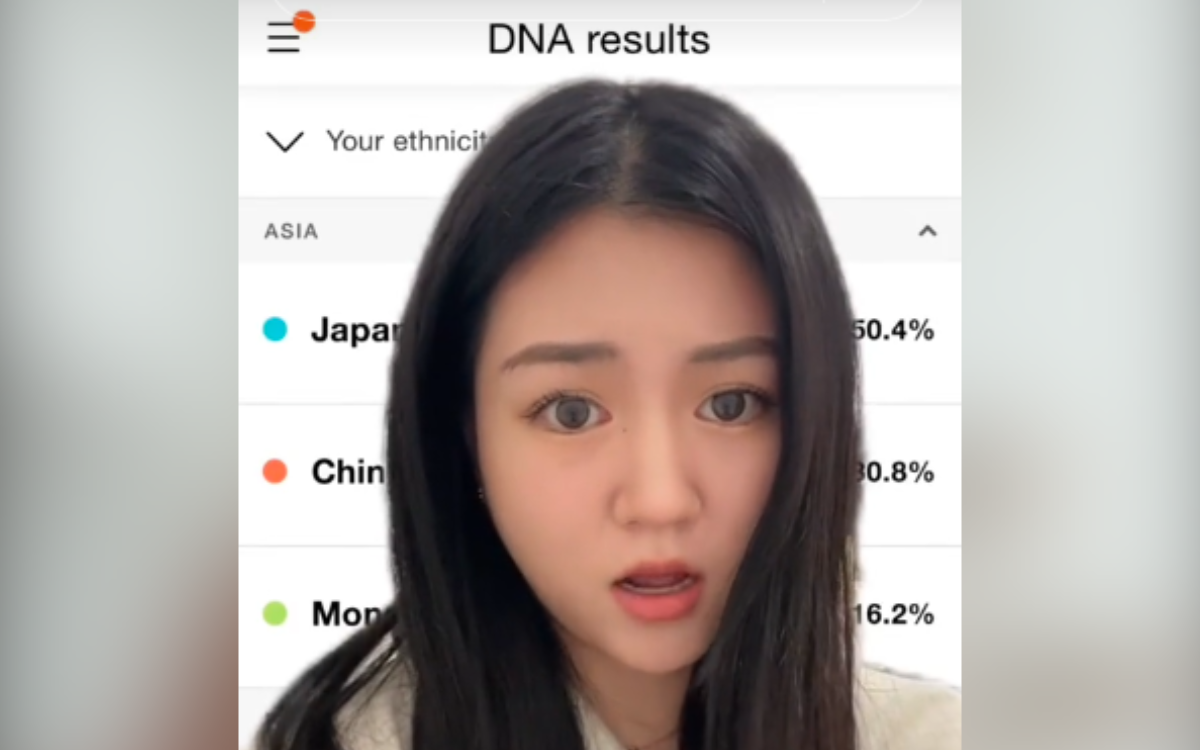
Ko had been eager to understand more about "genetic inheritance" and was fascinated by what the test showed about her and her ancestors.
"I looked it up and found out that about 1.6 percent of your DNA comes from your fourth great-grandparents, six generations ago, approximately 150 years," she said. "If I hadn't taken the test, there's no way any of us would've known about it."
In some ways, the test has changed Ko's outlook on life and the way she views herself.
"Ever since the test, I feel like I've learned more about myself and my background, so if anyone asks me about my ethnicity, I can give them a detailed answer," she said.
"My friends made a lot of jokes about the results, saying they now understand why I love cheese and Mexican food so much and how I get sunburned so easily."
Though the results were not what she was expecting, Ko felt hers was a "positive experience," and she encouraged anyone curious about their heritage to explore more.
She said, "I think it can also give people a stronger sense of identity in a way, and it's always fun to discover more about yourself and your family."
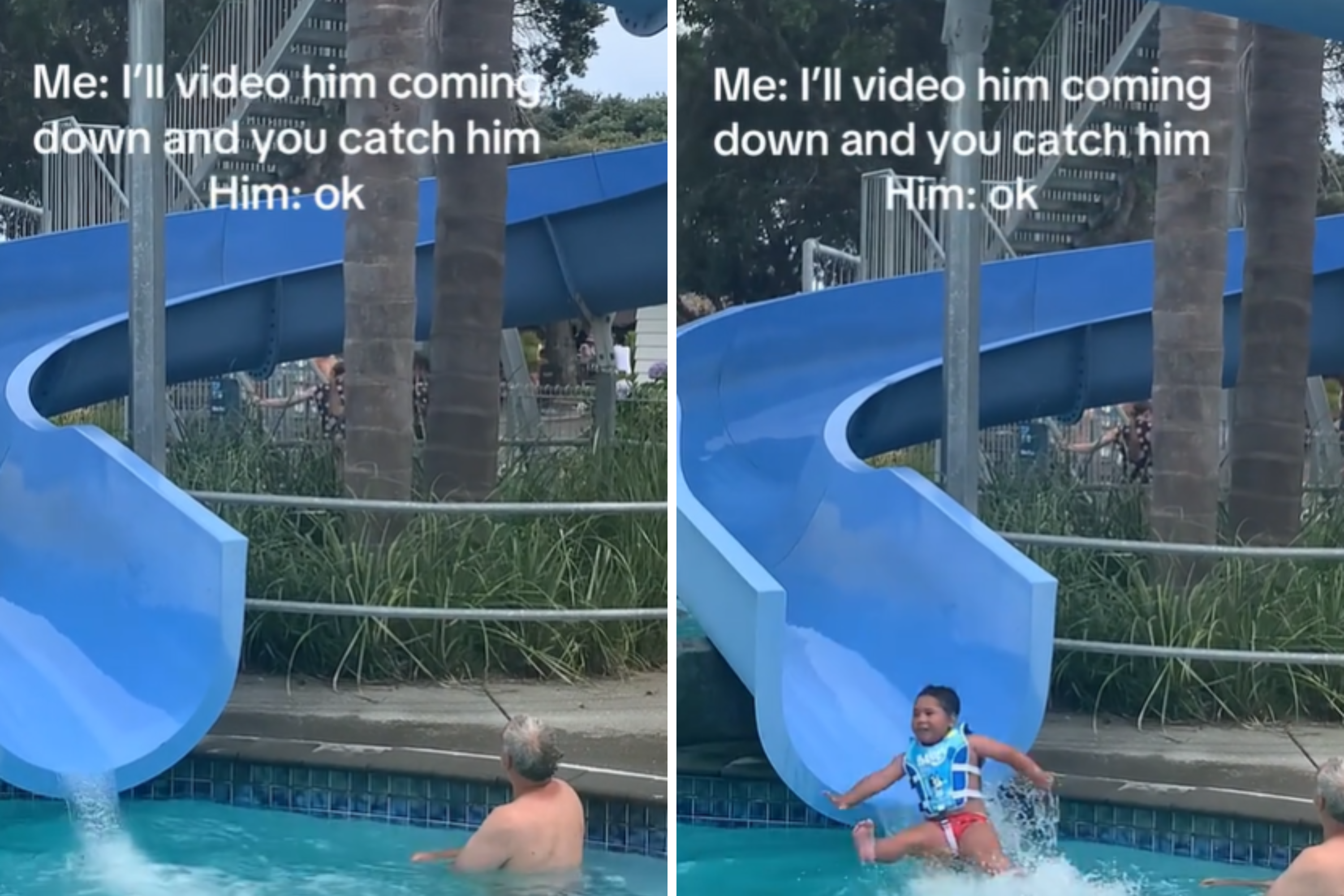



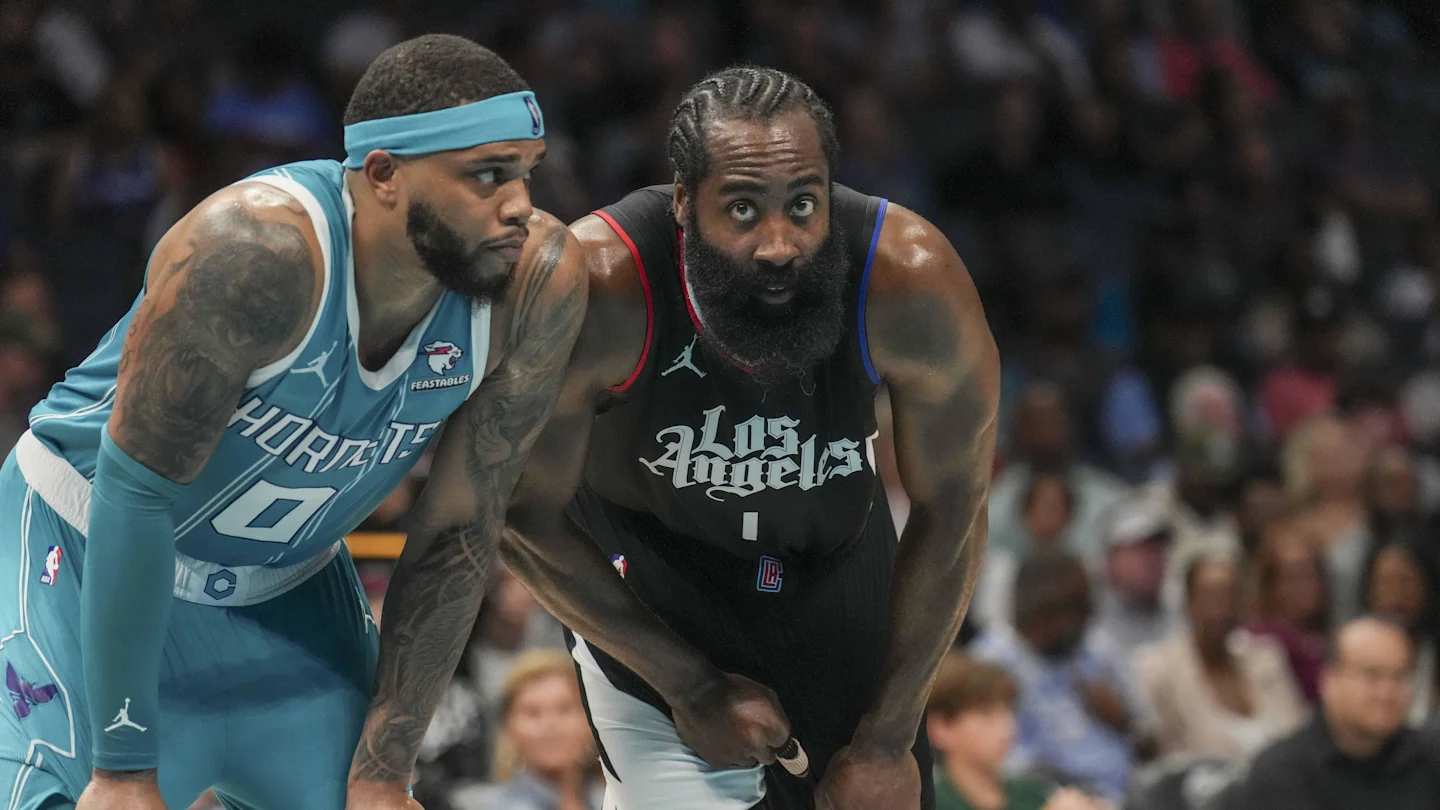
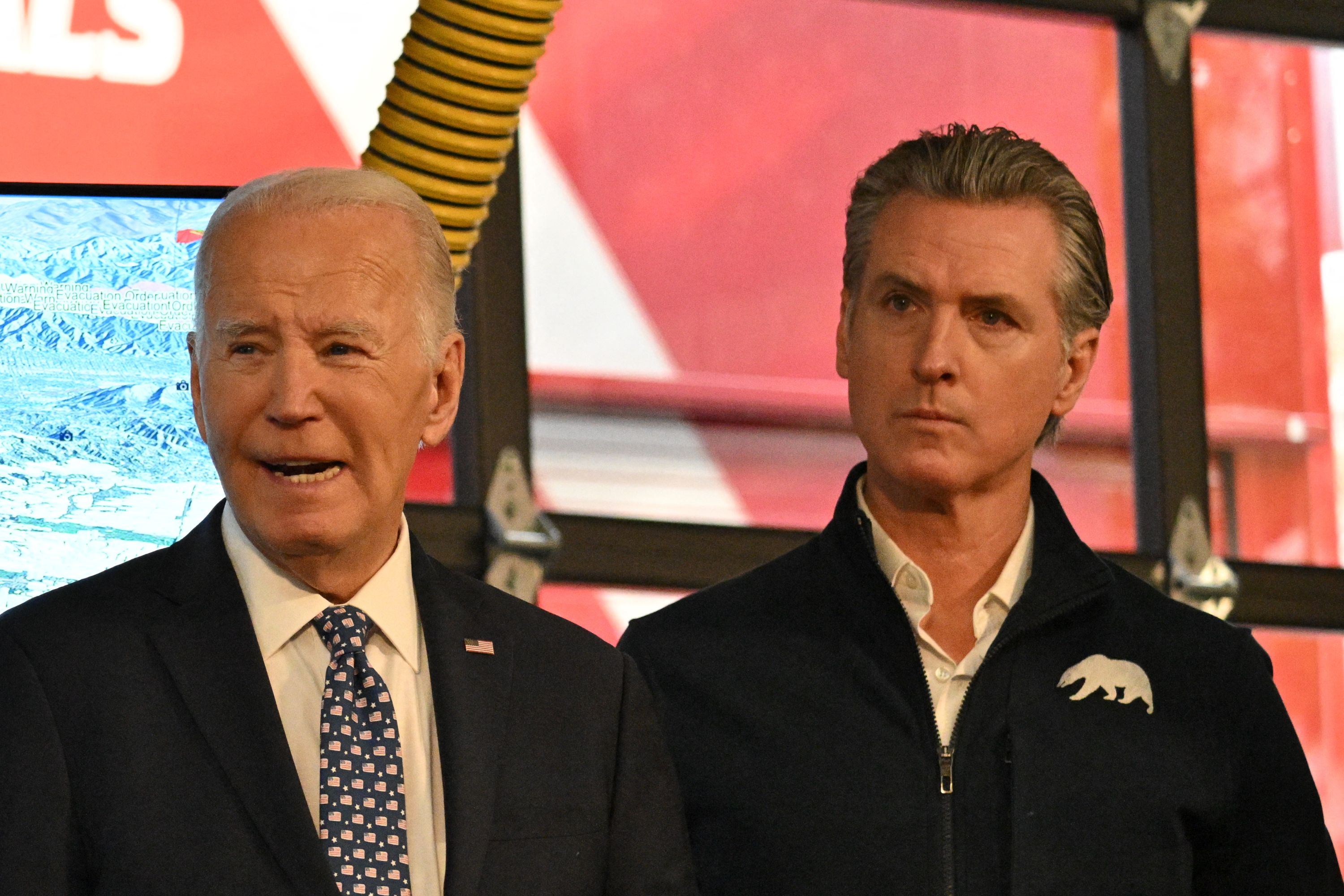
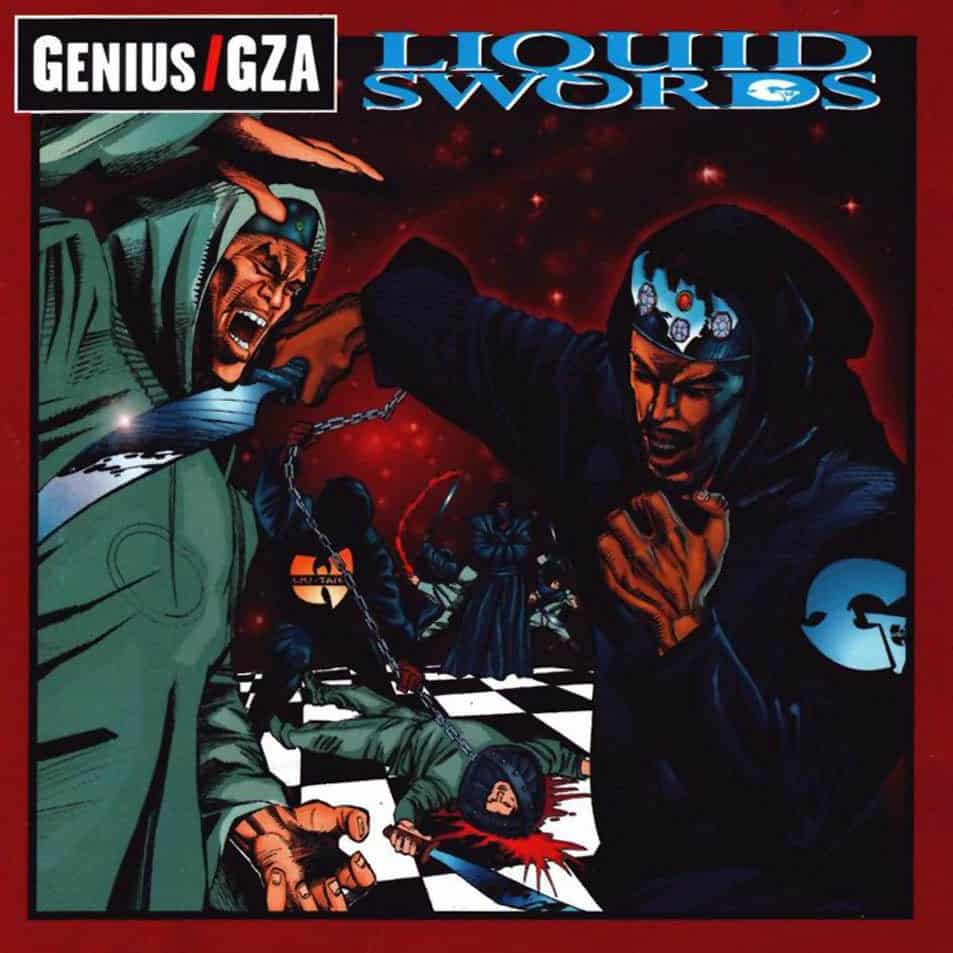

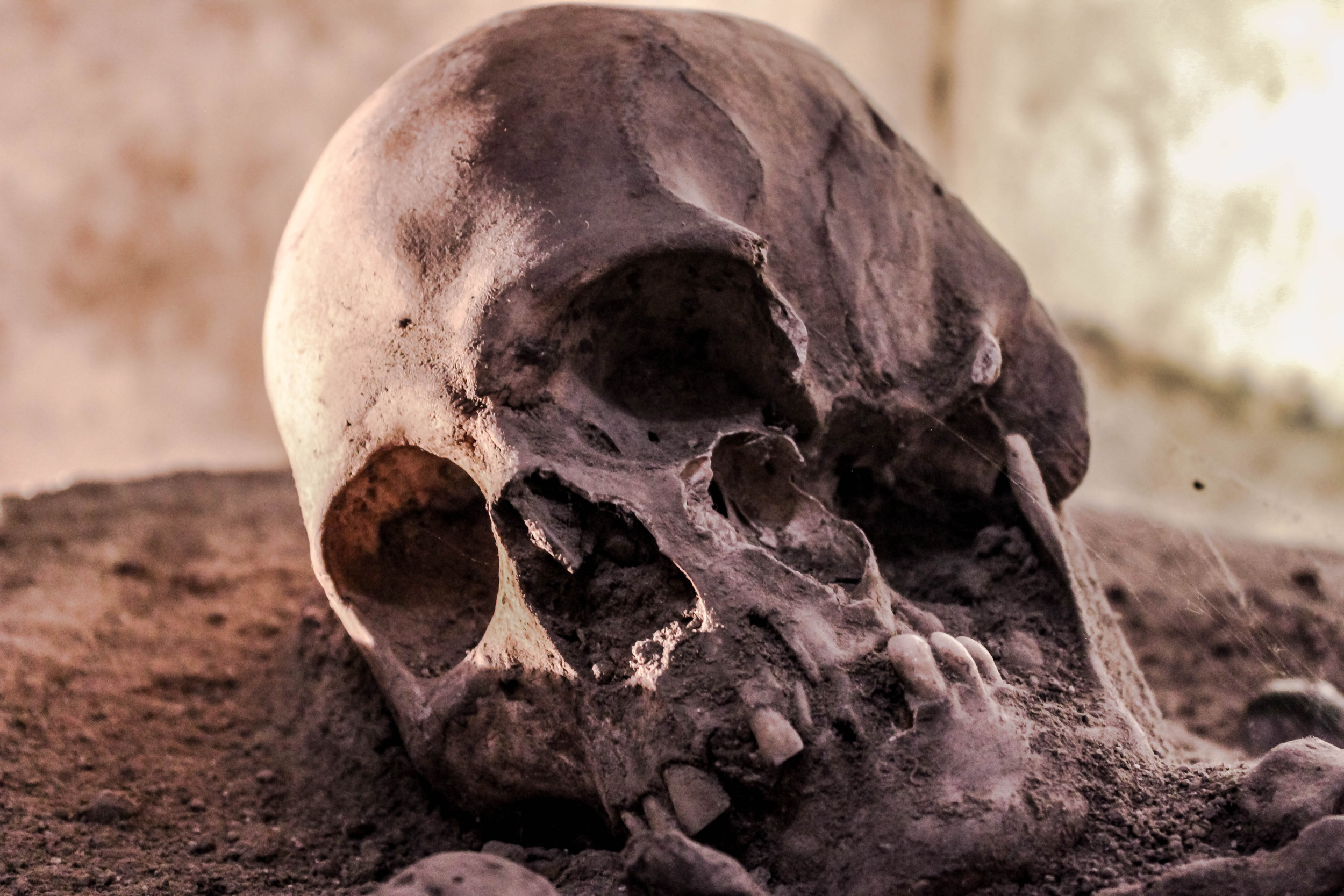
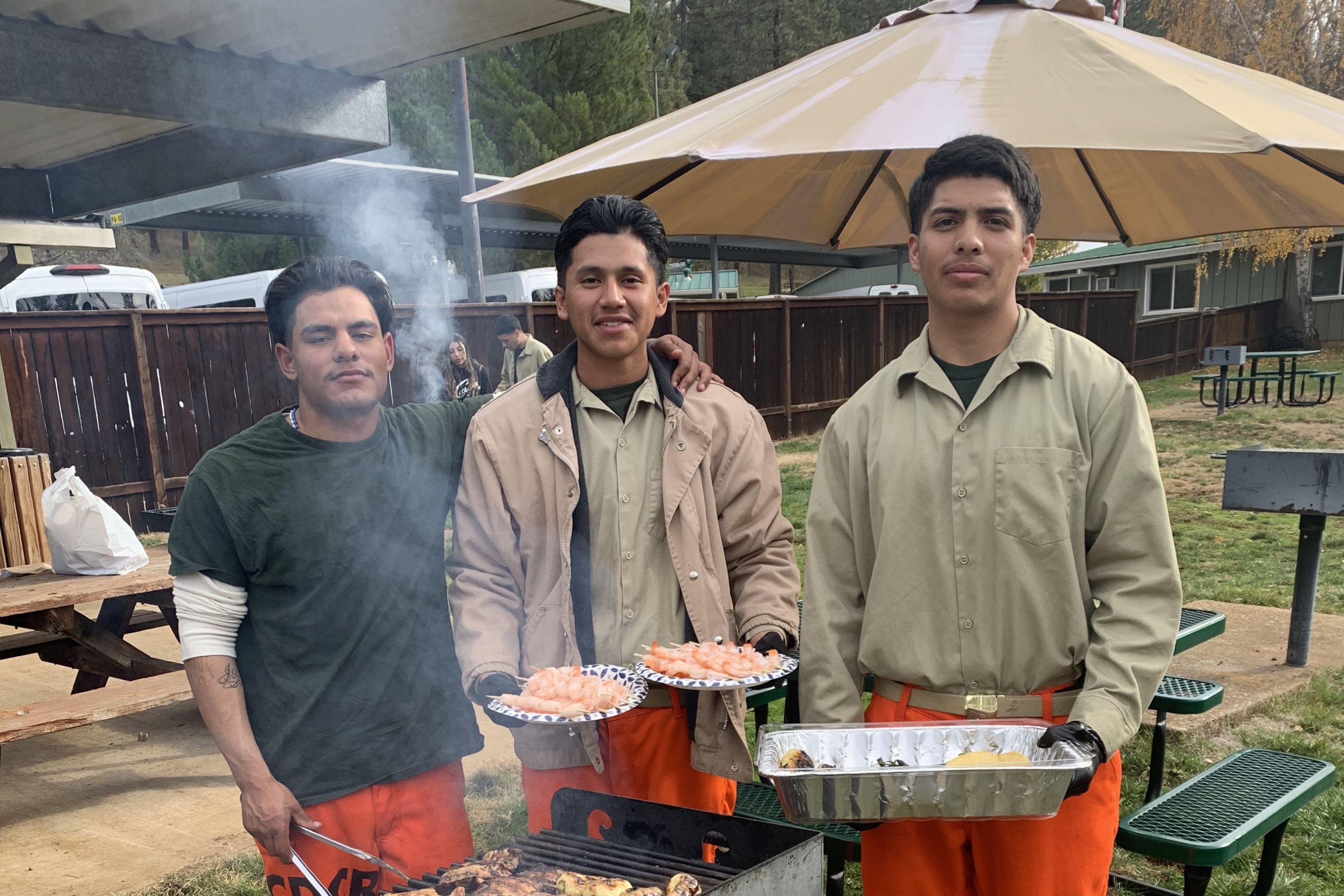

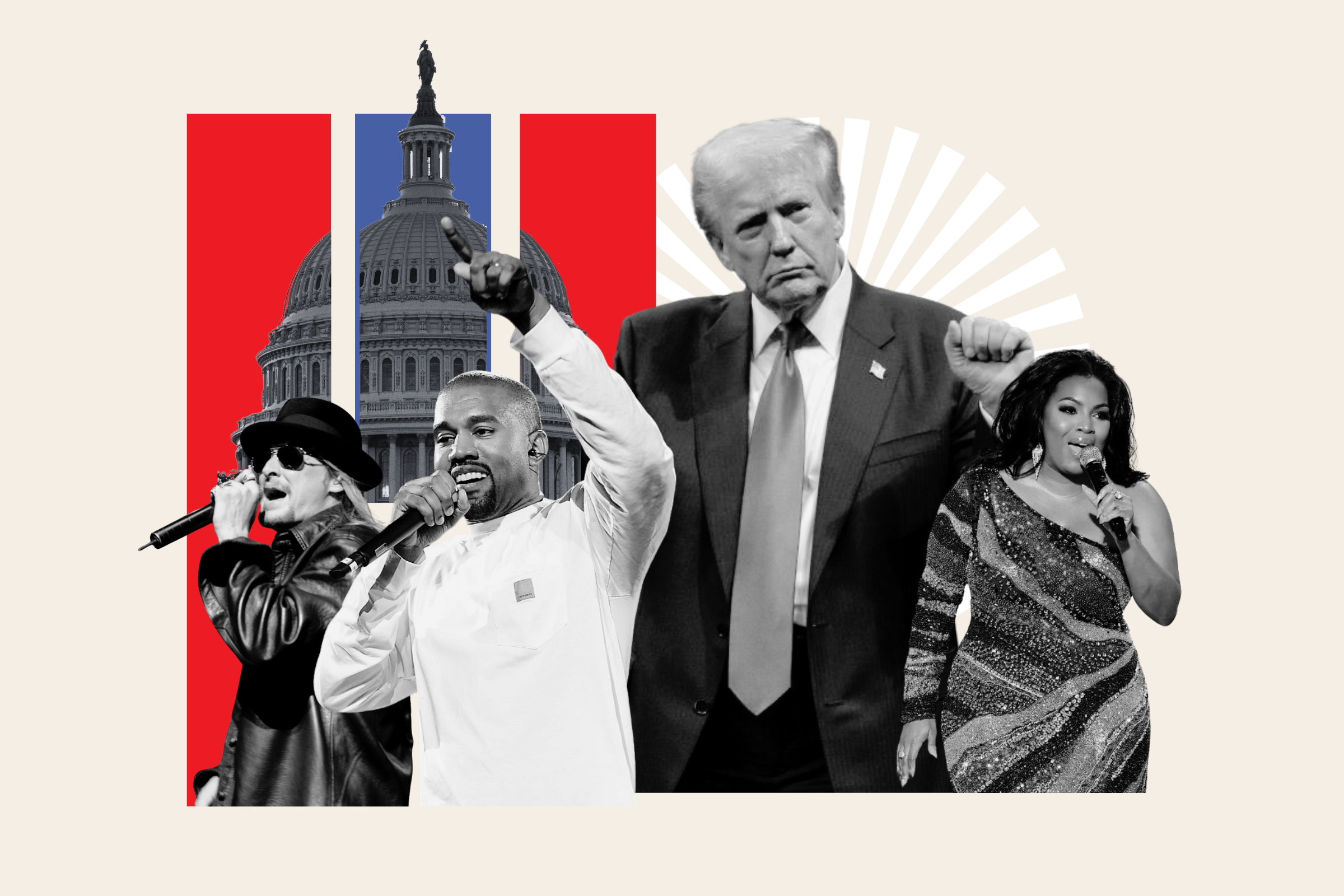








 English (US) ·
English (US) ·